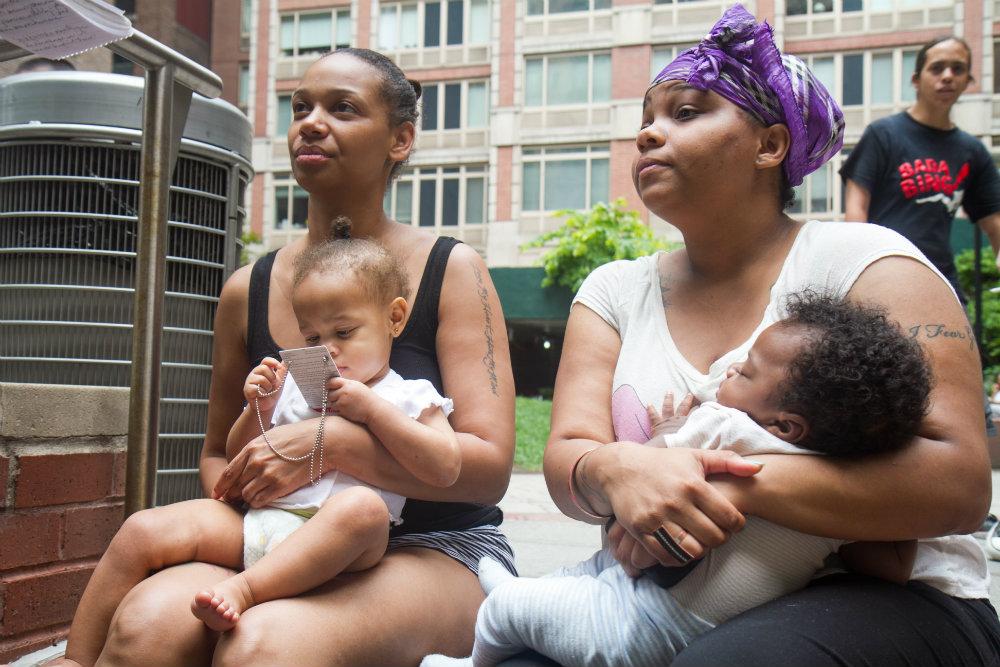WASHINGTON—The season of candidates vying for voters, endorsements, and financial backers in the 2016 presidential race will soon be upon us. This time, as each serious contender announces his or her candidacy, he or she can expect to immediately receive a letter. Signed by 100 theologians, this letter will ask whether the candidate is willing to make ending hunger and poverty a top priority in his or her administration.
“Today, we are beginning an outreach to all the candidates for president. We want each of them, on camera, to explain what they would do to provide help and opportunity to the hungry and poor people in our country and around the world,” said the president of Bread for the World, Rev. David Beckmann.
"A nation's righteousness … is judged by a single factor: How you treat the poor and most vulnerable."
, founder and CEO, Sojourners




